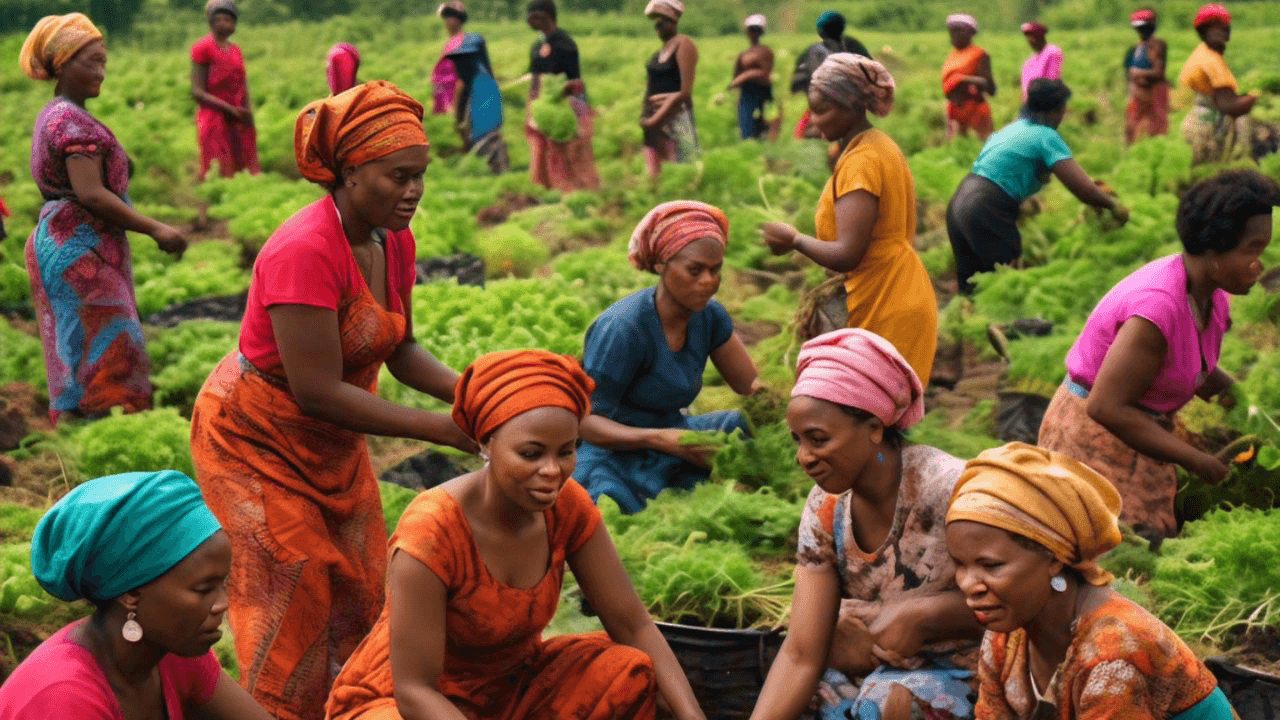Women play a vital role in the development and successful running of our agricultural sector. Despite their significant contributions, women farmers often face numerous challenges, including limited access to resources, education, and financial support.
This is where cooperative farming comes in. It has emerged as a powerful tool to empower women farmers, offering them opportunities to improve their livelihoods and contribute to community development.
In this article, I’ll show you how cooperative farming is empowering women in Nigeria and the benefits it brings to our society.
Challenges Faced by Women Farmers
Women farmers frequently encounter challenges such as lack of access to land, credit facilities, and modern farming techniques. Social and cultural norms can also restrict their ability to participate fully in agricultural activities and decision-making processes.
The Importance of Empowerment
Empowering women in agriculture is crucial for improving food security, reducing poverty, and promoting gender equality. When women have the resources and support they need, they can enhance their productivity and contribute more significantly to their families and communities.
The Concept of Cooperative Farming
Cooperative farming involves farmers coming together to form groups or cooperatives to pool resources, share knowledge, and work collectively towards common goals. This model offers numerous benefits, particularly for women farmers.
- Access to Resources
Cooperatives provide women farmers with access to essential resources such as seeds, fertilizers, and farming equipment. By pooling their resources, members can purchase inputs in bulk at lower costs, increasing their farming efficiency. - Financial Support
Through cooperatives, women can access credit and savings facilities that might otherwise be unavailable to them. This financial support enables them to invest in their farms, adopt improved farming practices, and enhance their overall productivity. - Knowledge Sharing and Training
Cooperatives offer a platform for women to share knowledge and learn from each other. Training programs on modern farming techniques, business management, and financial literacy are often provided, equipping women with the skills they need to succeed.
This will lead to:
- Increased Income and Economic Independence
- Improved Community Development
- Enhanced Social Status
In conclusion, cooperative farming has proven to be a powerful means of empowering women in Nigeria. As we continue to support and expand these initiatives, we can create a more equitable and prosperous agricultural sector, benefiting not just women, but entire communities.






Leave a comment